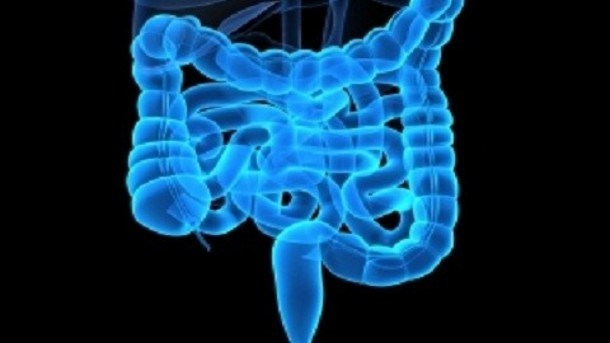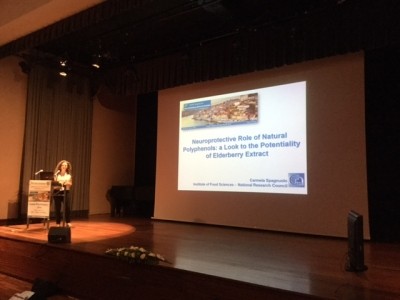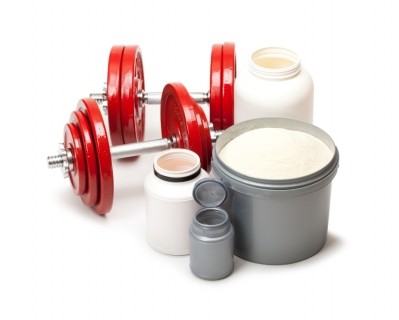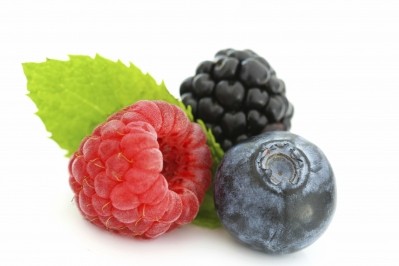Plant polyphenols may modulate microbiota: In vitro study

Writing in Food Research International, the team used an in vitro model of the gut microbial ecosystem to investigate the effects of polyphenols on the composition of the gut ecosystem and the metabolites produced by the microbiota.
"So far, there are limited studies of complex polyphenols on the human gut microbiota especially using modern molecular technologies," explained the team - led by Robèr Kemperman of Unilever R&D, the Netherlands.
Indeed, the team noted that most studies investigating effects of dietary polyphenols have focused on single compound or bacterial strains, rather than investigating the bigger picture.
"The results of the current study, obtained using microbial profiling tools, provide valuable novel insights into the impact of complex polyphenol mixtures on the human gut microbiota composition and activity, revealing novel targets potentially involved in polyphenol metabolism," said the team.
Polyphenol benefits
Consumption of foods that are rich in polyphenolic compounds has b long been associated with health benefits related to cardiovascular function, including the modulation of various cardiovascular parameters such as, vascular and platelet function, blood pressure and the plasma lipid profile, with modulation of oxidative stress, inflammation, and endothelial function.
"As the majority of complex polyphenols reach the lower intestinal tract, mechanism of action most likely involves an interaction with the microbiota present in the small and large intestine," noted the researchers. "In addition, some bacterial groups can transform polyphenols into metabolites, enhancing the low systematic bioavailability of the native compounds."
The team noted that such polyphenolic compounds are 'abundantly present' in foods such as tea and wine.
Study details
The Unilever R&D team, in collaboration with researchers from Ghent University in Belgium and INRA in France. used an in vitro model of the gut microbiota to test the effects of two complex mixtures of polyphenols - one from black tea, and the other an extract of red wine grapes.
In the current study, an in vitro gut microbial ecosystem, known as a simulator of the intestinal microbial ecosystem (SHIME).
The model system was challenged with either a black tea or a red wine grape extract (RWGE), while the team monitored the effects of these interventions on both microbial numbers and composition as well as metabolite levels.
"Antimicrobial effects, largely confined to unculturable members of the ecosystem, were revealed by complementary microbiological techniques," said the team, while pyrosequencing analysis showed a shift in the Firmicutes:Bacteroidetes ratio for both interventions.
They revealed that the black tea polyphenols stimulated Klebsiella, enterococci andAkkermansia and reduced bifidobacteria, B. coccoides, Anaeroglobus and Victivallis.
Red wine grape extract promoted growth of Klebsiella, Alistipes, Cloacibacillus, Victivallis and Akkermansia while bifidobacteria, B. coccoides, Anaeroglobus, Subdoligranulum and Bacteroides were decreased.
"The study shows that these complex polyphenols in the context of a model system can modulate select members of the human gut microbiota," said Kemperman and his colleagues.
Source: Food Research International
Volume 53, Issue 2, Pages 659–669, doi: 10.1016/j.foodres.2013.01.034
"Impact of polyphenols from black tea and red wine/grape juice on a gut model microbiome"
Authors: Robèr A. Kemperman, Gabriele Gross, Stanilas Mondot, et al
















